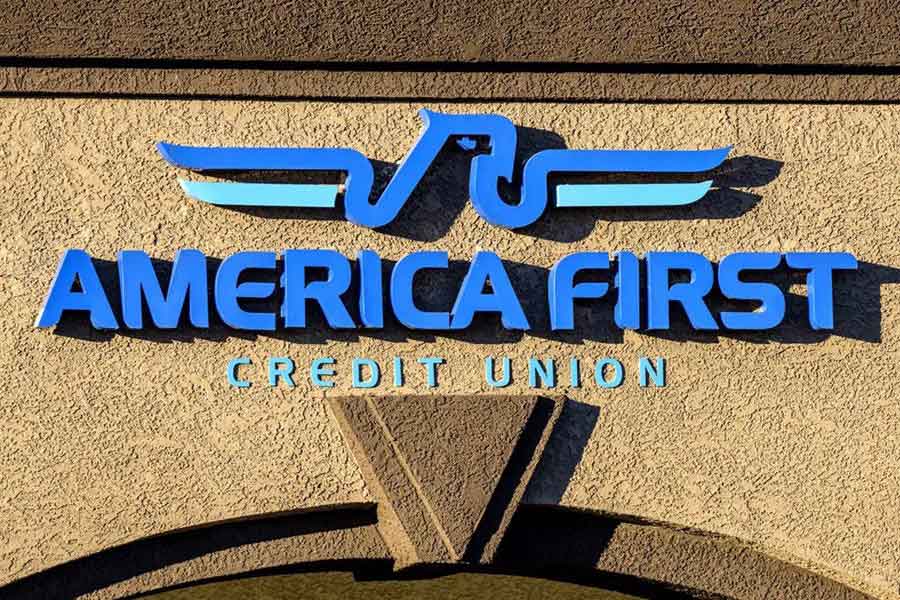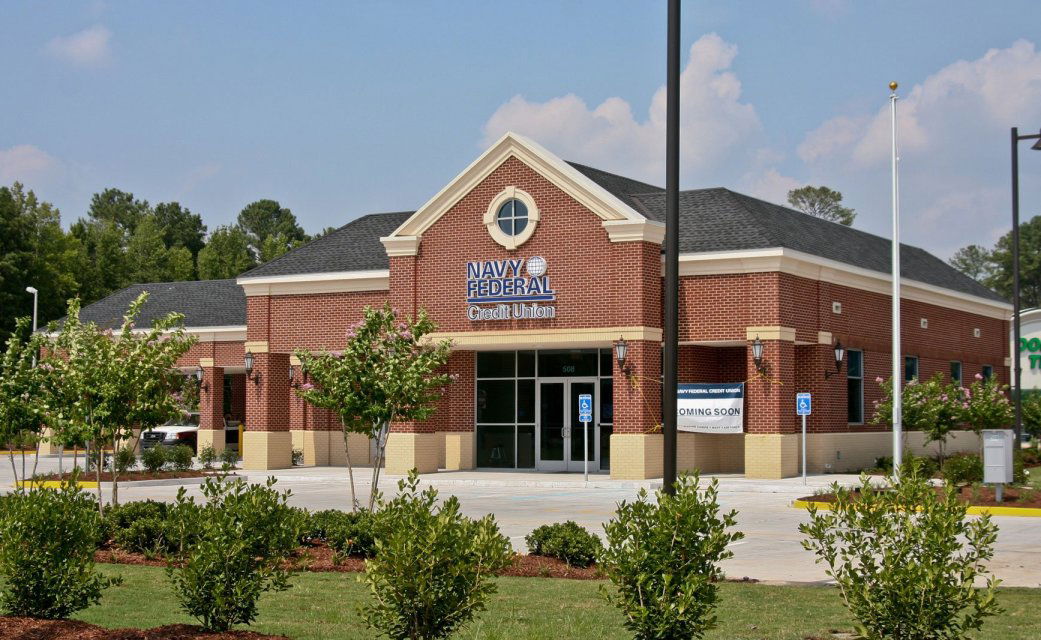Tired of high bank fees, low savings rates, and feeling like just another account number? You’re not alone. Many people are rethinking traditional banks and looking for financial institutions that actually put their needs first.
That’s where credit unions come in. Credit unions are member-owned, not-for-profit organizations designed to give back to their communities. Instead of focusing on profits for shareholders, they return value to members through lower loan rates, higher savings yields, and fewer fees.

If you’ve been wondering about the benefits of credit unions and whether joining one makes sense for you, here’s a closer look at how they work and why they’re becoming a smarter alternative to banks.
What Is a Credit Union and How Does It Work?
A credit union is a financial institution that operates differently from a traditional bank. The main distinction is ownership. Instead of being run for outside shareholders, a credit union is owned by the members who use its services.
Credit unions are structured as nonprofit cooperatives. That means they are not focused on generating profits. Instead, earnings are recycled back into the institution, which often results in lower loan rates, higher savings yields, and fewer fees for members.
Unlike banks that serve a wide customer base, credit unions tend to be more community-focused. When you open a checking or savings account, your deposits help fund loans for other members in your community, such as first-time homebuyers or small business owners.
Membership also comes with a voice. Because credit unions operate as cooperatives, every member has the right to vote on important decisions, including electing board members and directors.
Top Benefits of Credit Union Membership
Joining a credit union comes with clear advantages that set it apart from traditional banks. Some benefits show up right away, while others build over time. Here are the key reasons many people choose credit unions.
Personalized Service and Financial Guidance
Credit unions serve fewer members than large banks, which means you’re not just another account number. Staff often know members by name and take time to understand individual needs. Many credit unions also provide free financial education, budgeting help, and credit counseling to support members’ long-term success.
Competitive Loan and Savings Rates
Because credit unions return profits to members instead of outside shareholders, rates are usually more favorable:
- Lower loan rates: Auto loans, mortgages, and personal loans often come with better terms than banks.
- Higher savings yields: Savings accounts, money market accounts, and certificates of deposit typically offer stronger returns.
Lower and Fewer Fees
Credit unions generally charge fewer fees than banks. Monthly maintenance fees, overdraft charges, and account service fees are often minimal—or eliminated entirely. In many cases, you can open a checking account with no minimum balance requirement.
Easier Access to Mortgages
Members with limited credit history or lower credit scores may find it easier to qualify for a home loan at a credit union. Unlike many banks that quickly sell loans to larger lenders, credit unions often keep mortgages in-house. That means your payments continue to support the institution and your local community.
Community and Member Ownership
Credit unions are cooperatives, so members are also owners. Deposits fund loans for neighbors, small businesses, and other community members. This structure fosters a sense of belonging that’s hard to find at national banks.
Member Voting Rights
As a member-owner, you get a voice in how your credit union is run. You can vote for board members and on other important decisions, regardless of how much money you have on deposit. This ensures that all members are treated equally.
Wide Range of Services
Despite being smaller than many banks, credit unions often provide a full suite of products. Checking accounts, savings accounts, credit cards, auto loans, home loans, and even shared branching networks are common. Many also offer financial planning and insurance services.
Federally Insured Deposits
Most credit unions are federally insured through the National Credit Union Administration (NCUA), which protects deposits up to $250,000 per member. This coverage is backed by the U.S. government and is comparable to FDIC insurance at banks.
See also: Best Nationwide Credit Unions of 2026
Potential Downsides of Credit Unions to Keep in Mind
While joining a credit union offers plenty of advantages, they aren’t the perfect fit for everyone. Here are some potential drawbacks to consider before opening an account.
Membership Restrictions
Many credit unions limit membership to people who live in a certain area, work in a particular field, or belong to a specific organization. Some larger credit unions have broader eligibility, but depending on where you live, your options may be limited.
Fewer Branches and Locations
Credit unions are usually smaller than big-name banks. Some operate just a handful of branches, which can make in-person banking less convenient if you move or travel often. Shared branching networks do help, but location availability is still something to check.
Smaller ATM Networks
Large banks often own thousands of ATMs nationwide, while credit unions usually only provide a small network of machines attached to their branches. Many do participate in shared ATM networks to expand access, but out-of-network use often comes with fees.
Technology Varies Widely
Some credit unions lag behind when it comes to mobile apps, websites, and digital tools. Others, especially larger credit unions, now offer technology that rivals national banks. If strong online banking features are important to you, make sure to research this before joining.
Limited Credit Card Options
Credit unions may not offer the same variety of credit cards with big sign-up bonuses or extensive rewards programs that large banks do. If you prioritize maximizing credit card perks, you may find their selection limited.
Fewer Business Services
While many credit unions do offer business accounts, they often lack the advanced features, integrations, or lending programs that larger commercial banks provide. Entrepreneurs or small business owners may find these limitations restrictive.
Who Credit Unions Are Best For
Credit unions are often the right choice for:
- Savers and borrowers: Members looking for higher returns on deposits and lower rates on loans.
- Community-focused members: People who want their money to support local families and businesses.
- Those who value personal service: Members who prefer building relationships with staff who know them.
- First-time borrowers: People with limited or less-than-perfect credit history who need a more flexible lender.
Who Traditional Banks Are Best For
On the other hand, a traditional bank may be better for:
- Frequent travelers: Those who need nationwide branch and ATM access.
- Tech-driven customers: People who prioritize the latest mobile apps and online features.
- Credit card enthusiasts: Members seeking premium cards with big rewards programs and sign-up bonuses.
- Business owners: Entrepreneurs who need advanced business banking tools or commercial lending options.
Bottom Line
Credit unions give you lower fees, better loan and savings rates, and a personal touch that’s hard to find at big banks. They also keep money circulating in your community, which can feel more rewarding than sending profits to corporate shareholders.
That said, they’re not perfect. Limited membership, fewer branches, and smaller technology budgets can be deal-breakers for some.
The best approach is to compare credit unions in your area with the banks you’re already familiar with. Look at rates, fees, services, and convenience side by side. If you value personal service and community impact, a credit union may be the smarter move. If you need maximum convenience, a traditional bank might be the better fit.
Frequently Asked Questions
How do I join a credit union?
Joining usually requires meeting membership criteria such as living in a certain area, working in a specific industry, or belonging to a partner organization. Many credit unions also allow you to join by making a small donation to an affiliated nonprofit.
Do credit unions offer online banking?
Yes, most credit unions provide online and mobile banking. However, the quality of digital services can vary. Larger credit unions often have apps and features comparable to big banks, while smaller ones may have more basic platforms.
Can a credit union help me build credit?
Credit unions often provide tools like secured credit cards and credit-builder loans. These products report to the major credit bureaus, which can help establish or improve your credit history over time.
Are business accounts available at credit unions?
Many credit unions offer business checking and savings accounts, along with small business loans. That said, services may not be as comprehensive as what commercial banks provide, so it’s important to compare offerings if you run a business.
What happens if I move away from my credit union’s location?
In most cases, you can keep your membership even if you move. Many credit unions participate in shared branching and nationwide ATM networks, which makes it easier to access your money from other cities or states.




